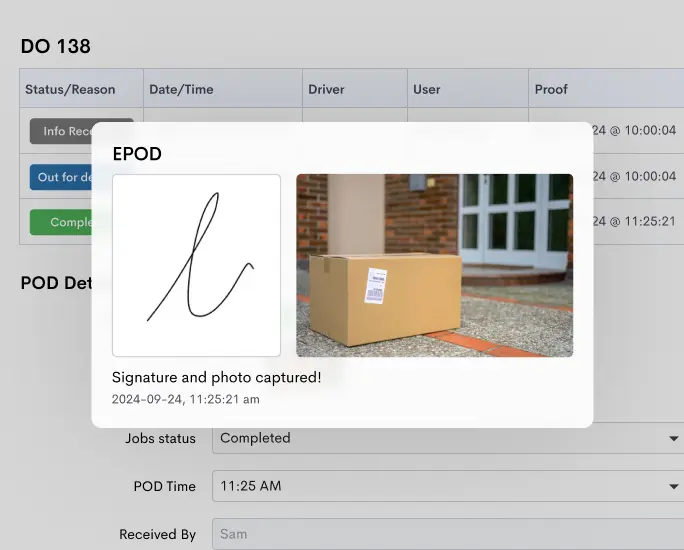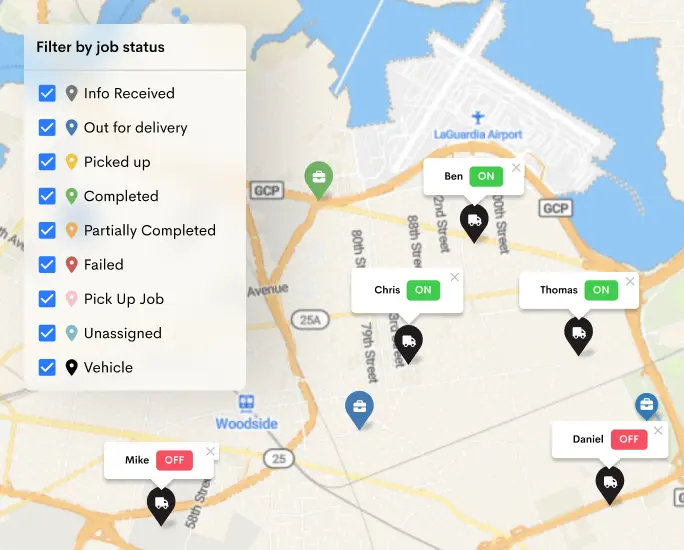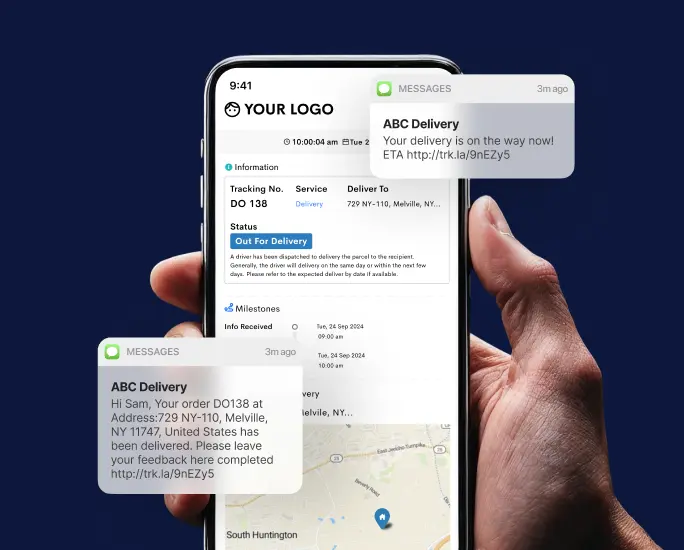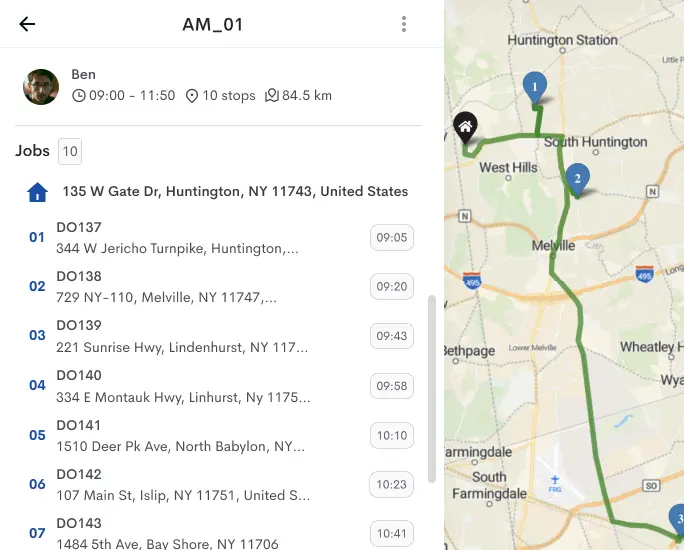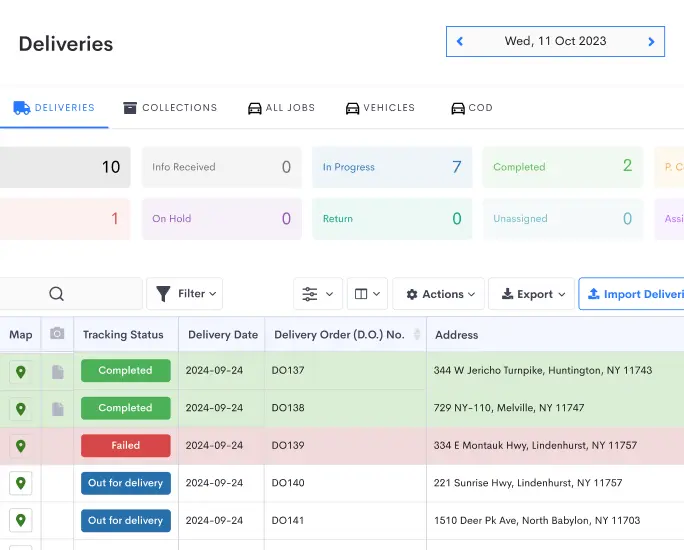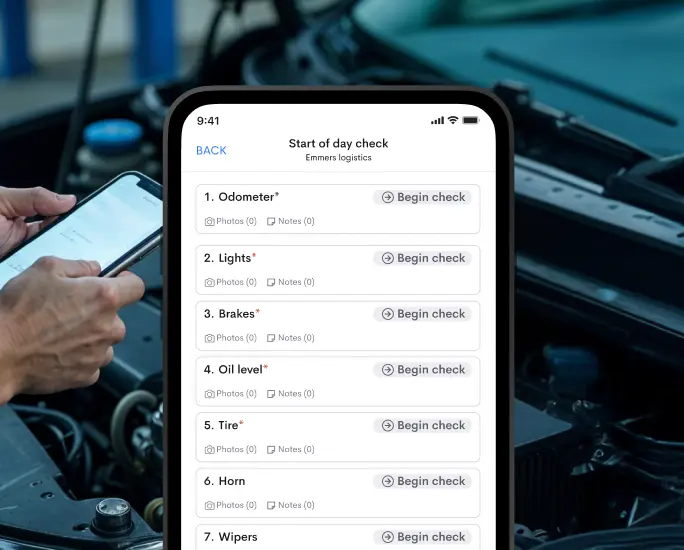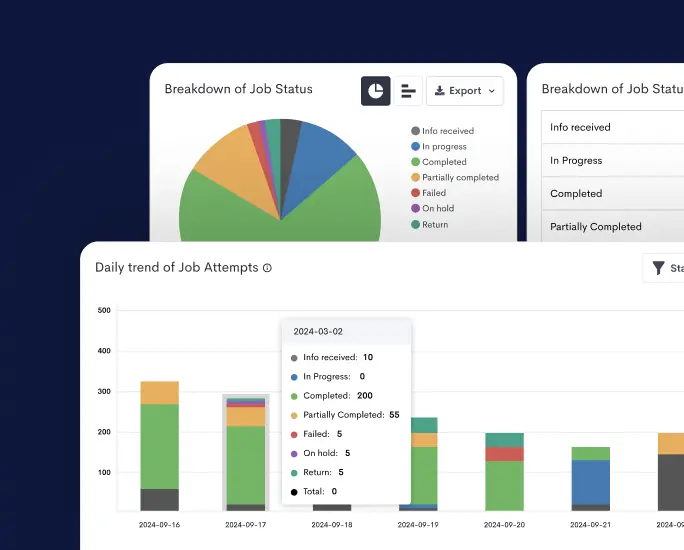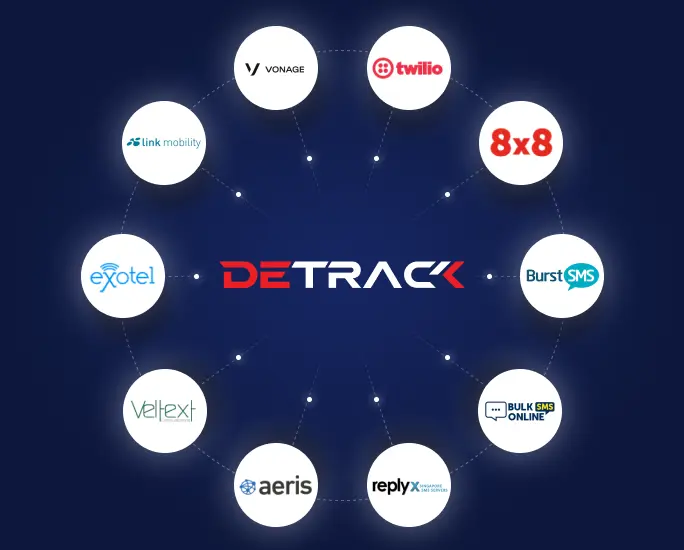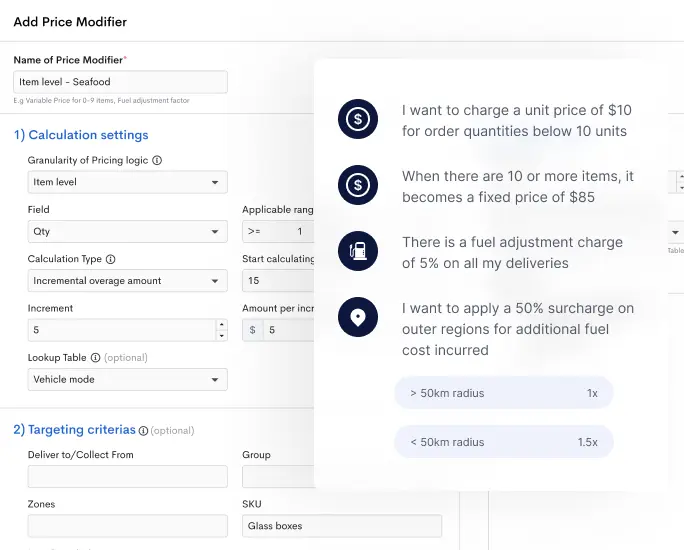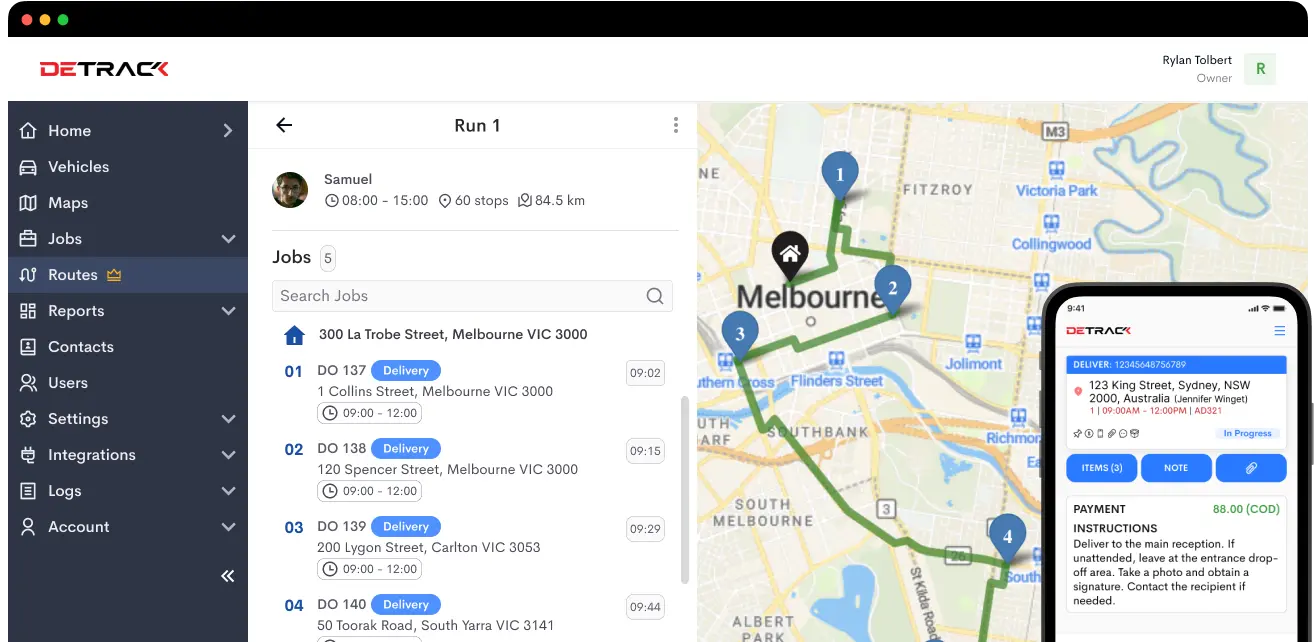When a business considers expanding its reach and boosting its sales, one of the strategies often on the table is partnering with distributors.
Distributors can help a business by extending its market reach, handling logistics, and allowing the company to focus on core operations. However, this approach has advantages and drawbacks, just like any strategic decision.
The Pros of Partnering with Distributors
1. Increased Market Reach
One of the most significant advantages of partnering with distributors is the potential for increased market reach. Distributors often have established networks and relationships within various regions and industries. By leveraging these connections, your products can enter new markets more quickly and efficiently than if you were to attempt this expansion independently.
2. Cost Efficiency
Choosing logistics software, warehousing, and transportation can be costly and complex. Distributors often handle these aspects, saving your business on overhead costs associated with maintaining a supply chain. This cost efficiency can benefit smaller businesses needing more resources to develop extensive logistics capabilities.
3. Focus on Core Competencies
When you partner with a distributor, you can focus more on your core competencies, such as product development, marketing, and customer service. The distributor handles the operational aspects of getting your product to the market, freeing up your resources and attention to improve and innovate your offerings.
4. Expertise and Experience
Distributors bring a wealth of expertise and experience to the table. They understand the nuances of different markets, the regulatory requirements, and the best practices for logistics and distribution. This knowledge can be invaluable, particularly when entering new or complex markets.
5. Scalability
Working with distributors can offer scalable growth opportunities. As your business grows and demand increases, a well-established distributor can manage the scaling of distribution efforts without requiring significant changes to your internal operations. This scalability can support rapid growth and expansion.
| Create Routes with Ease Make route planning easier with Detrack, the ultimate business route planning software. |

The Cons of Partnering with Distributors
1. Loss of Control
One of the most significant drawbacks of partnering with distributors is the potential loss of control over how your product is marketed, presented, and sold. Distributors have their ways of operating, which might only sometimes align with your brand’s vision or strategy. Ensuring consistent brand messaging and customer experience can become more challenging.
2. Dependency
Relying heavily on distributors can create a dependency outside your best long-term interest. If a distributor encounters financial difficulties, changes its business model, or decides to stop carrying your product, your business could face significant disruptions. Diversifying your distribution channels can mitigate this risk, but it’s a factor to consider.
3. Margin Erosion
Distributors need to make a profit, which means they will take a portion of the sales revenue. This can lead to margin erosion, where the profits from your products are reduced. Depending on the distributor’s cut, this can significantly impact your overall profitability, particularly if your products have slim margins.
4. Potential for Conflicts
Conflicts of interest can arise between your business and the distributor. For example, if a distributor carries competing products, they might prioritize those products over yours. Additionally, disagreements can occur over pricing, marketing strategies, and sales targets, which can strain the partnership.
5. Quality Control Issues
Maintaining high-quality control standards can be more challenging when working with distributors. If the distributor does not handle your products with the care and attention you expect, it can lead to damaged goods, incorrect shipments, or subpar customer service. These issues can harm your brand’s reputation and customer satisfaction.
Balancing the Pros and Cons
Deciding whether to partner with distributors requires carefully considering both the advantages and disadvantages. Here are some strategies to help you balance the pros and cons effectively:
1. Choose the Right Distributor
Selecting the right distributor is crucial. Look for partners with a strong reputation, experience in your industry, and a track record of reliability. Conduct thorough due diligence to ensure they align with your business values and goals.
2. Set Clear Terms and Expectations
Establish clear terms and expectations from the outset. Detailed contracts outlining responsibilities, performance metrics, and conflict resolution processes can prevent misunderstandings and ensure both parties are on the same page.
3. Maintain Regular Communication
Keep open lines of communication with your distributors. Regular check-ins, performance reviews, and collaborative planning sessions can address issues promptly and foster a strong working relationship.
4. Monitor Performance
Use key performance indicators (KPIs) to monitor your distributor’s performance. This can include metrics related to sales volume, customer feedback, delivery times, and inventory management. Regularly reviewing these KPIs can help you identify areas for improvement and ensure your distributor is meeting your expectations.
5. Diversify Your Distribution Channels
Consider diversifying your distribution channels to reduce dependency on a single distributor. This could involve working with multiple distributors, developing direct-to-consumer sales channels, or exploring online marketplaces. Diversification can provide a safety net and increase your market reach.

Conclusion
Partnering with distributors can be a powerful strategy to expand your market reach, reduce costs through route optimization, and focus on your core business operations. However, it also comes with challenges such as loss of control, dependency, and potential margin erosion.
By carefully weighing the pros and cons, selecting the right partners, and implementing strategies to manage the relationship effectively, you can leverage the benefits of distributors while mitigating the risks.
Ultimately, the decision to partner with distributors should be based on your business needs, goals, and market conditions. Distributors can become valuable allies in driving your business growth and success with the right approach.
Ready to Optimize Your Distribution Strategy?
Partnering with distributors can significantly amplify your market reach and operational efficiency. The right tools are crucial to navigating the complexities and maximizing the benefits. Detrack offers a comprehensive solution to streamline logistics, enhance transparency, and maintain control over your distribution network.
Maximize your distribution potential with Detrack – your trusted partner in logistics excellence. Get started with Detrack today!

